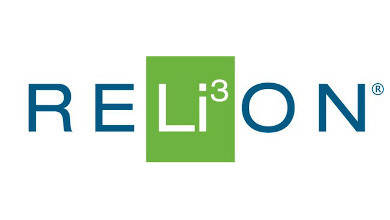Lithium battery maker RELiON Battery announced a partnership with 1% for the Planet nonprofit organization The Bee Cause Project.
As part of its Limitless Blue initiative, RELIiON is a 1% for the Planet business member and partners with a range of nonprofits supporting causes such as ocean conservation, food security and access to solar energy. RELiON will support the organization’s “Bee a Friend to Pollinators” program, which funds educational grants for South Carolina schools to install live beehives and pollinator-friendly habitats and provide STEAM-based educational materials.
“The Limitless Blue Team is always looking for new organizations that align with our values and support causes we care about,” said Danielle Ferguson, brand marketing director of RELiON. “When we found The Bee Cause project, we knew it was a natural fit to work with them. We are proud to fund 15 schools and support the hands-on learning that also contributes to protecting such an important part of our ecosystem.”
“We’re so thrilled to kick off this partnership with the team at RELiON and to provide the Bee A Friend to Pollinators grants to South Carolina educators,” says Tami Enright, executive director of The Bee Cause Project. “We look forward to providing vital learning tools to educators across the state while also supporting the installation of pollinator-friendly habitats.”
